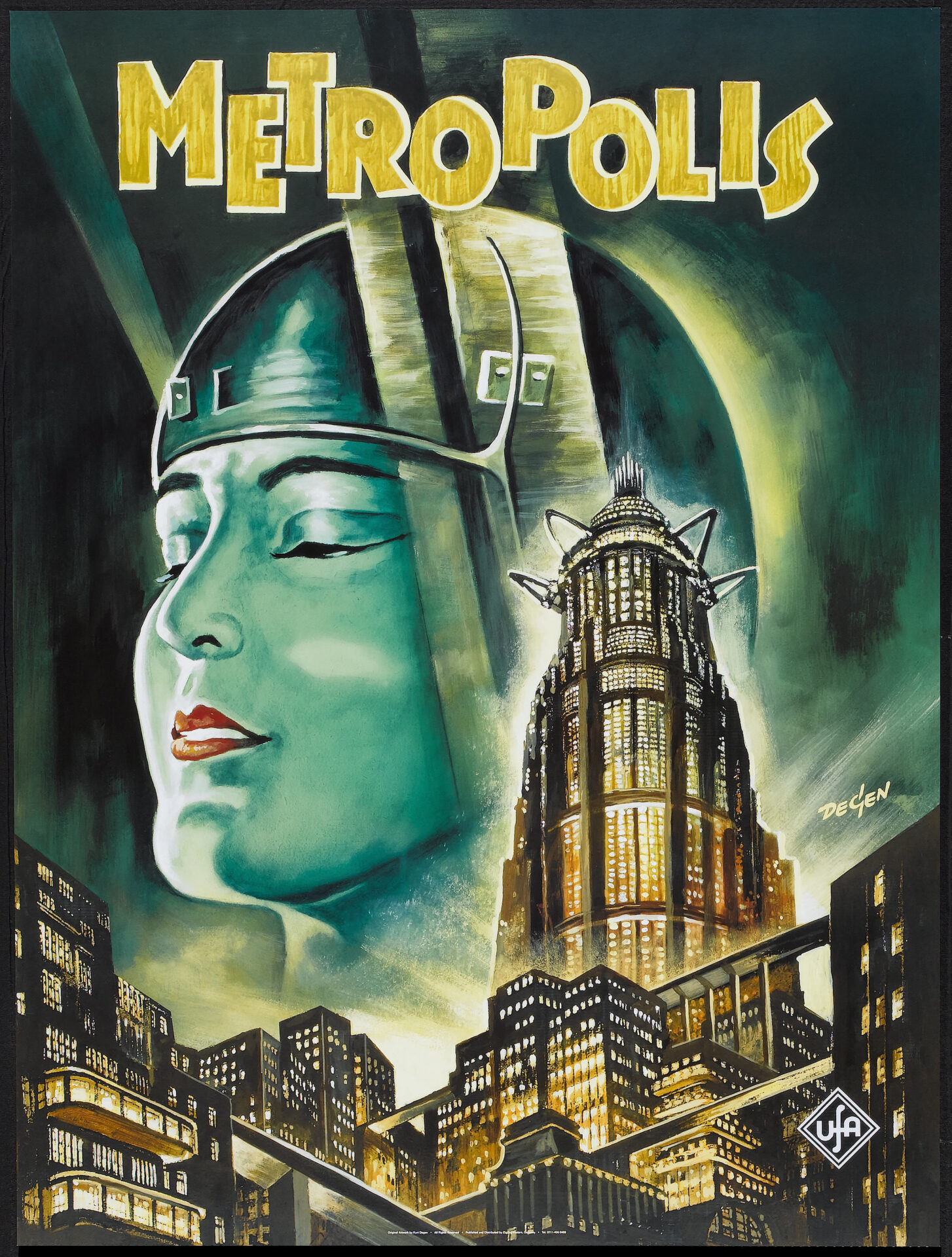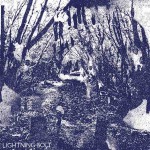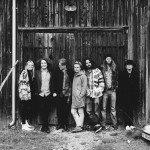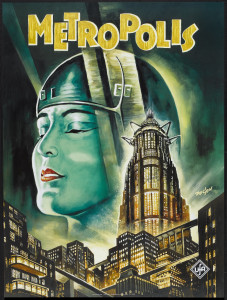 The Austrian-German film director Fritz Lang‘s 1927 science-fiction masterpiece Metropolis is rightly regarded as a landmark in cinematic history. Some 17 months in the making and with a cast of 36,000 people, its crippling costs went on to bankrupt the huge German motion-picture production company Ufa. It is a film for which the word epic was created. Set in a dystopian future world characterised by advanced technology and riven by class conflict, Metropolis is a parable for right and wrong, good and bad. It is the last of the truly great silent movies and created the template from which Dr. Strangelove, Star Wars, Blade Runner, The Terminator and The Hunger Games were drawn.
The Austrian-German film director Fritz Lang‘s 1927 science-fiction masterpiece Metropolis is rightly regarded as a landmark in cinematic history. Some 17 months in the making and with a cast of 36,000 people, its crippling costs went on to bankrupt the huge German motion-picture production company Ufa. It is a film for which the word epic was created. Set in a dystopian future world characterised by advanced technology and riven by class conflict, Metropolis is a parable for right and wrong, good and bad. It is the last of the truly great silent movies and created the template from which Dr. Strangelove, Star Wars, Blade Runner, The Terminator and The Hunger Games were drawn.
Released to mixed reviews, the original three-hour film was initially cut to something approaching half that length in attempts to make it more palatable for the mass American market. Seven years ago, a badly damaged print of Metropolis – quite probably taken from the German original – was discovered in the vaults of a Buenos Aires film company. There then followed a long and painstaking restoration process which added a further 25 minutes of footage to a previously resurrected version of the film. Whilst some parts of Metropolis are presumably lost forever, what we experience tonight in the suitably majestic surroundings of Leeds’ Grand Theatre’s Howard Assembly Room is something very close to Fritz Lang’s original vision; one hundred and fifty-three minutes of quite staggering creativity.
This additional footage has meant that the German composer Gottfried 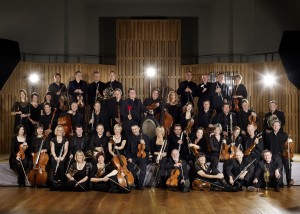 Huppertz‘s magnificent film score has also been reconstructed to somewhere near all of its original power and glory. And tonight the score – which was always intended to be played by large orchestras in a pit, located in front of the screen – is conducted by Hugh Brunt and performed by the Orchestra of Opera North, the only ensemble in this country that has an all-year-round dual role in the venue’s opera house and concert hall.
Huppertz‘s magnificent film score has also been reconstructed to somewhere near all of its original power and glory. And tonight the score – which was always intended to be played by large orchestras in a pit, located in front of the screen – is conducted by Hugh Brunt and performed by the Orchestra of Opera North, the only ensemble in this country that has an all-year-round dual role in the venue’s opera house and concert hall.
The music is a revelation. Drawing upon the influences of Wagner and Strauss and incorporating the recurring elements of the 13th century Latin hymn ‘Dies Irae‘ – a description of the Last Judgement – and ‘La Marseillaise‘, Huppertz’s score is brought to vivid life by the impeccable Orchestra of Opera North, adding even greater dramatic impact to the stunning visual imagery of the film. It is strong, beautiful, and impressionistic. It is also bold, sinister and expressionistic. And it is every bit as explosive, romantic and sensual as it is descriptive. The music forms an essential, integrative part of the film’s narrative and the closing sequence – accompanied by the euphoric strains of ‘Die Versöhnung‘ (The Reconciliation) – is as moving a coalescence of sound and vision as anything you are ever likely to experience.
Photo credit: Richard Moran

